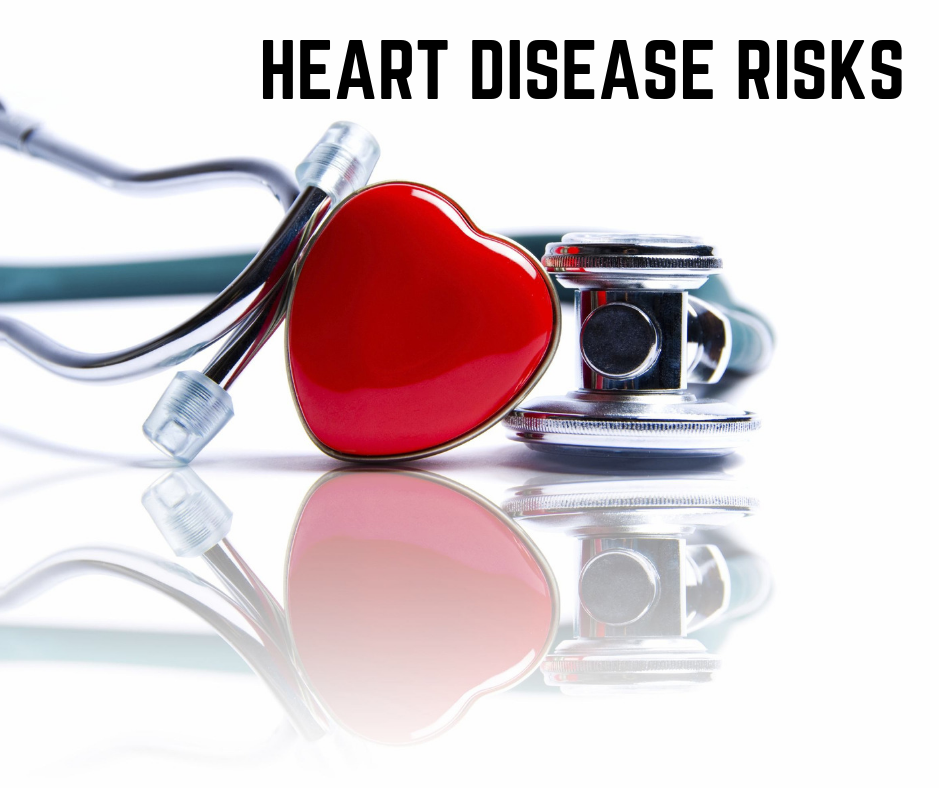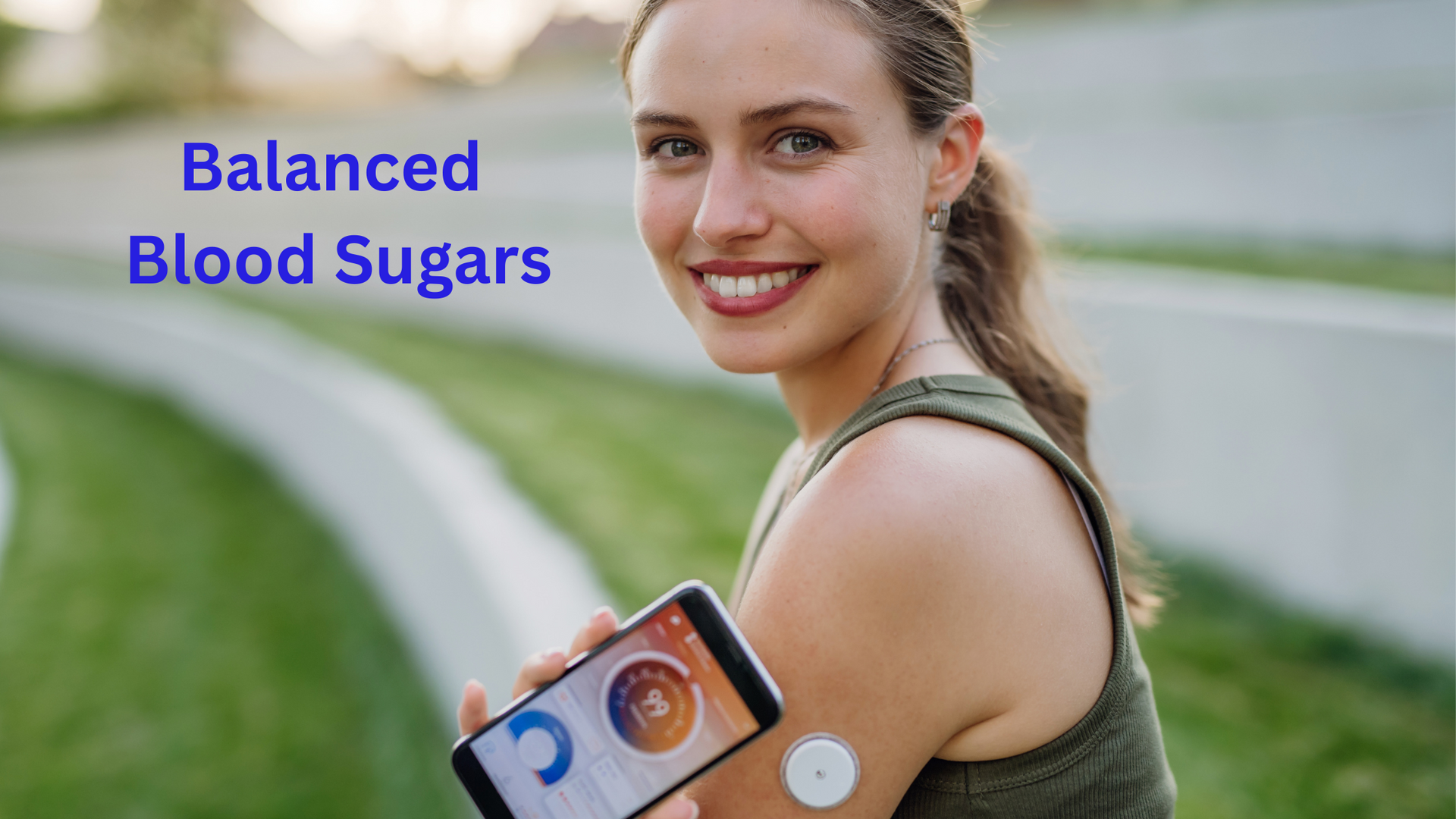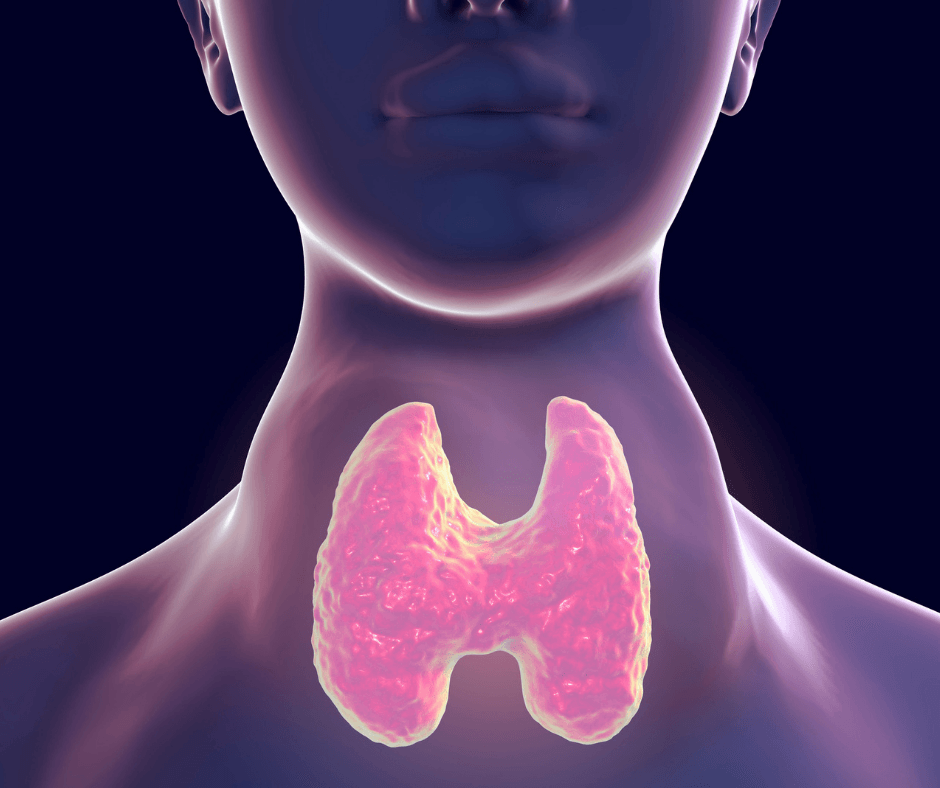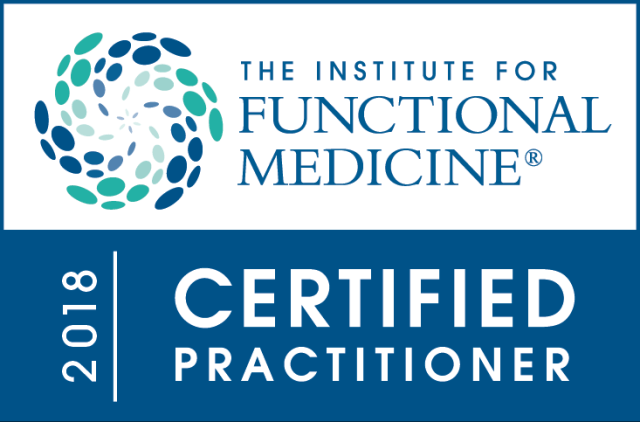Heart Disease Risks Original Post 2/5/19
Why is heart disease such a big deal?

Unfortunately, heart disease is the leading cause of death in the US for both men & women. 1 in every 4 adult deaths is caused by heart disease. The good news is that it can mostly be prevented!
Most of you know the common risk factors for heart disease include: smoking, high blood pressure, high cholesterol, diabetes, genetics, being physically inactivity, unhealthy eating, being overweight and women who are in menopause—who’s estrogen has decreased (estrogen is cardio protective). What about the people who have died of a heart attack that were eating healthy, exercising and did not seem to have any of these risk factors? What about them? Why did they have a heart attack? Obviously, there is more to learn about what other risks there are to developing heart disease or having a heart attack.
Dental Health
Your dental health is important to your heart health. Several studies have correlated a relationship associated with periodontal disease and heart disease. The conclusion of several studies indicate that periodontal disease increases the risk for heart disease. Are you taking the time to brush and floss regularly? Are you going routinely to your dentist/hygienist? Are you staying away from tobacco? Are you eating a clean, unprocessed and healthy diet?
Comprehensive Cholesterol Panel
Does your generic cholesterol panel look ok? Guess what? This is not the whole story! Do you know if your LDL (“bad cholesterol”) is big & fluffy or small & sticky? You can have a normal LDL level on a regular, generic cholesterol panel, but if the majority of your LDL is small and sticky this is a risk factor for heart disease. Small & sticky LDL can easily get into your arteries causing plaque that could rupture, causing a heart attack or stroke. Do you know if your HDL (“good cholesterol”) is large or small? Your HDL is like a garbage truck that goes around and picks up the LDL you don’t need or that is left over. How helpful is a small garbage truck? Wouldn’t it be important to know what kind of help your HDL is offering? Depending on the comprehensive cholesterol panel that you and your doctor choose, you can also learn more about your genetics, if you absorb too much cholesterol, if you make too much cholesterol; other markers are also available to help in determining your risk factor and treatment plan.
Inflammation
Acute or short term inflammation is a part of your body’s appropriate immune system response to an acute injury or illness that is helpful to heal your body. However, long term or chronic inflammation is not helpful to your body! Chronic inflammation can cause constant irritation to your arteries, promote growth of plaques in your arteries, and trigger blood clots leading to heart attacks.
Certain blood tests can help to evaluate if inflammation may be an issue for you. One blood test that can be obtained is a hs-CRP. High sensitivity C-reactive protein (hs-CRP) is a protein that your liver produces in response to injury or illness. A high or elevated CRP tells you that you have inflammation, but does not give you specifics on where the inflammation is coming from. Elevated hs-CRP is a risk factor for heart disease. Other labs can also be helpful in determining if you have chronic inflammation.
Insulin Resistance
First of all what is insulin resistance? Insulin resistance is when your muscles, fat & liver don’t respond normally to insulin and don’t take up glucose (otherwise known as sugar) from the blood stream like it is suppose to. Insulin functions as a messenger to talk with your muscles, fat & liver. When a person has insulin resistance there is a breakdown in the communication with insulin and your muscles/fat/liver. The pancreas, which produces insulin, notices that the sugar is not being taken care of appropriately and that the sugar is still hanging out in the blood stream and thinks that if it sends more messages (produces more insulin)—the rest of the body will finally listen and take care of this sugar in the blood stream. As a result, people with insulin resistance have a higher than normal insulin level. High insulin levels can cause an increase in skin tags and/or darkened skin in the armpits or neck. Insulin resistance is associated with heart disease. A healthy diet and exercise can help to decrease insulin resistance.
Anger
Yes, can you believe it? Researchers at Harvard Medical School performed a 7 year study involving 3,886 patients that showed your risk for having a heart attack is higher following an episode involving anger. The more intense the anger, the higher the risk for a heart attack! What happens when you become angry? Anger triggers a rise in stress hormones, these stress hormones cause biochemical changes in our bodies leading to an elevation in blood pressure & blood vessel constriction putting strain on our hearts. Finding ways to be happy and not letting things build up in anger is something to strive for. Meditation, prayer and taking quiet time for yourself daily helps to decrease your stress, anxiety and anger.
All of these risk factors: dental health, cholesterol, inflammation and anger are mostly modifiable! Self care is a must! It is so important to put yourself first!
Talk to your doctor or schedule an appointment with Dr. Shannon at New Beginnings Functional Medicine Clinic to find out your risks and how you can modify your risks.
References:
https://www.nhlbi.nih.gov/health-topics/education-and-awareness/heart-truth/listen-to-your-heart
https://www.nhlbi.nih.gov/health-topics/ischemic-heart-disease
https://www.nhlbi.nih.gov/health-topics/education-and-awareness/heart-truth/listen-to-your-heart
https://www.perio.org/consumer/gum-disease-and-heart-disease
https://www.cdc.gov/heartdisease/facts.htm
https://www.mayoclinic.org/diseases-conditions/heart-disease/in-depth/heart-disease/art-20049357
https://www.ncbi.nlm.nih.gov/pmc/articles/PMC4472609/
https://academic.oup.com/edrv/article/27/3/242/2355180
https://hms.harvard.edu/news/study-anger-heart-attacks-strongly-linked
https://www.ajconline.org/article/S0002-9149(13)00896-5/fulltext


Dr. Shannon's Blog











